EP 116 :: Dementia :: Benefits of Dance on Brain Health :: Magda Kaczmarska
Studies show that dance increases activity in the circuits of the brain helping to reduce anxiety, trigger memories, and improve overall well-being and quality of life. On this episode, dancer, choreographer, creative aging advocate and community-based teaching artist Magda Kaczmarska discusses the benefits of dance and movement for both dementia patients and their caregivers. Join us as Bobbi, Mike, and Magda bridge the gap between science and the arts. Remember: We can move the body to move the mind.
Magda Kaczmarska is a dancer, choreographer, creative aging advocate and community-based teaching artist based in New York City. Magda received her MFA in Dance Performance & Choreography and her BS in Biochemistry & Molecular Biophysics from the University of Arizona. Magda has dedicated her career to utilizing the vehicle of dance to support changing narratives around agency, belonging and the right to self-expression. Her multidisciplinary work leverages a dual background in neuropharmacology and dance to build bridges between seemingly disparate sectors.
Devoted to building evidence base, while expanding public and professional education in best practices in creative aging practice globally, Magda balances her work in intergenerational community-based teaching with engagement in advocacy in several sectors. As an Atlantic Fellow for Equity in Brain Health at the Global Brain Health Institute, Magda builds collaborations to design and expand access to creative aging programs that support brain health across the lifespan. She founded Magda Kaczmarska Dance to build healthy, expressive and inclusive community through the vehicle of creative movement and dance. She leads the program Stories in the Moment, a co-creative program which combines dance, movement and storytelling to amplify the expressive voices of people living with dementia.
Stories in the Moment is grounded in the principle that dance and movement are a universal language and we can all discover and hone our abilities to listen and express in a more embodied and holistic fashion. Our storytelling need not be limited to spoken language. We can use dance, movement and gesture to tell stories with our bodies. This is especially vital for people who may be experiencing shifts in their modes of communication, like people living with dementia inevitably do. Amplifying these alternate modes of expression opens up opportunity for meaning making and connection. The AIM is to SEE and HEAR one another. Stories in the Moment inherently facilitates us in expanding our tools of “listening” “seeing” and “speaking”. Each story has value. Together we celebrate all our voices and stories. Together we build community.
Find out more about Magda on her website and follow her on Instagram and Twitter. You can also join Magda for a virtual class through the Dementia Action Alliance.
Don't forget to subscribe, download, and review to share your thoughts about the show!
